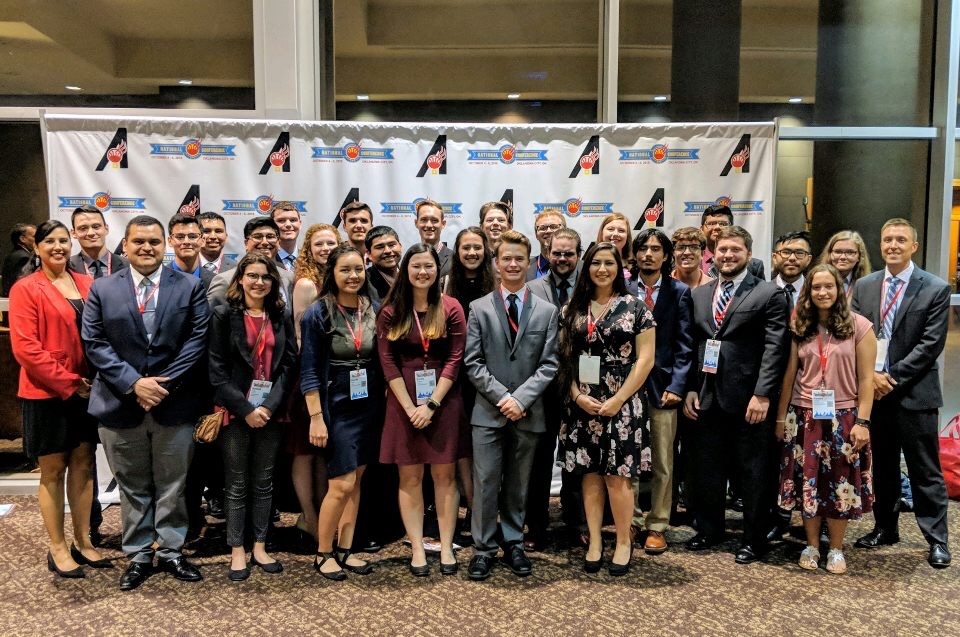The interdisciplinary research team represents the many facets of the program to support Indigenous students at OU. The project is also supported by two advisory boards: the Advisors for Indigenous Community Engagement board consists of community members and professionals who support Indigenous education across Oklahoma. The Student Success Advisory Board consists of OU faculty, students and staff who support Indigenous students. Many of the members of both boards have an Indigenous identity.
“We will have academic mentors available to help with particular areas of study, but also Indigenous mentors and Indigenous faculty to connect with (the students) on campus,” Youngbull said. “Even beyond the financial component of these scholarships, we’re building a sense of community – a family that is helping them succeed.”
Youngbull, who has experience working with a similar program for first-year students at the University of Arizona, and Shotton both bring expertise on Indigenous education to the project. To ensure the research team is accounting for the specific and nuanced needs of these scholarship recipients, they drew on research regarding Indigenous students in higher education.
“There are several models, particularly the family education model, that inform how we serve students who are coming from Tribal Nations in a way that fits culturally, academically and brings all of those pieces together,” Shotton said. “A big piece is forming our services and programming within the concept of relationships and family, and really thinking about the motivation to give back and values of reciprocity.”
Incorporating relationships and family into academic support is an important aspect of this project. Trytten acknowledged that, for example, mathematics can be a hurdle for some computer science students.
“By including the mathematics department, we’re making sure that these students get the full support they need to be successful, through resources like common classes so they can have their peer group in the same class,” Trytten said.
“We know from research with Indigenous students that the motivation to go to college is based on a drive to give back, so the service-learning and research piece is critical,” Shotton added. “We know that it is central to foster that motivation of reciprocity for students who attend OU in terms of giving back or building their Tribal Nations and communities, so we want to provide avenues for them to stay connected to their Tribal Nations.”
One way in which these students will be able to give back while pursuing their computer science degrees will be through a service-learning research component to the scholarship program.
“There are all these different connections you can make with computer science, whether through apps and smartphones or machine learning,” said Hougen. “We want to help students connect with the problems that concern them.”
“To support Tribal Nation building, there are issues like data sovereignty – people should have access to and control over their own data,” he added. “There are lots of different ways we can link people with topics that are going to make a difference to them and to their communities.”
Trytten said the lessons learned during this project will help the university institutionalize the structures that could form sustainable pathways to computer science for Indigenous students. The research team also hopes the insights gained through the project will inform how the university serves Indigenous students from all majors.
“As part of what we’re doing through this scholarship program is expanding relationships between OU and the Tribes that can serve Indigenous students even more broadly than these 23 students,” said Shehab. “Beyond this specific program, we hope that this opportunity creates a pathway to sustainably support our Indigenous students.”
The NSF S-STEM grant will help assess the success of the program through retention and graduation rates, and feedback from the supported scholars, faculty and administrators. The outcomes of this grant will help inform how non-Native colleges and universities nationally can better serve, retain and graduate Indigenous students.


